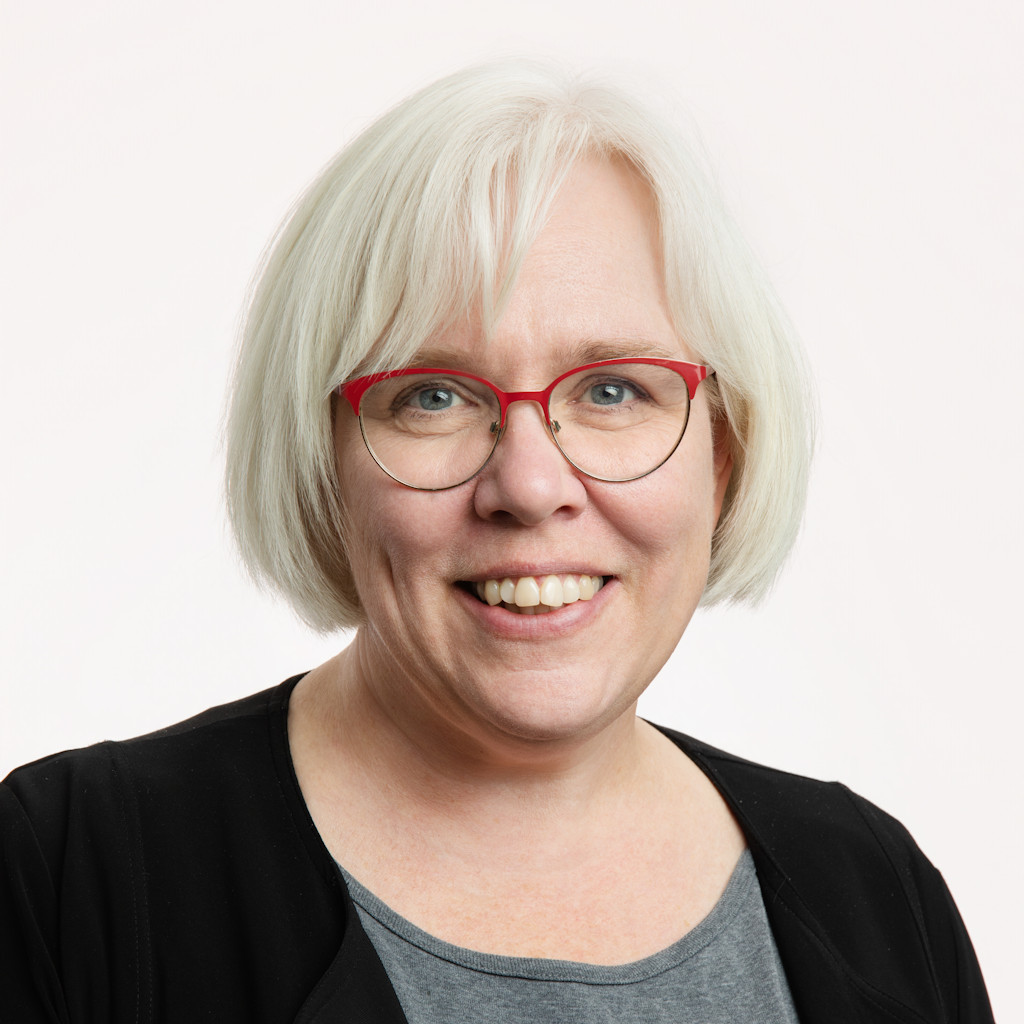
Wyvern secures $4M to develop its hyperspectral imaging technology
Space data startup Wyvern has secured $4 million from Sustainable Development Technology Canada (SDTC) to develop its hyperspectral imaging technology and tackle the environmental impact of the country's agriculture sector.
The funding from SDTC, a federal government foundation that was created to fund technologies working on economic and environmental challenges, is tied to a three-year project that works towards the launch of Wyvern's DragonEye satellite.
"Somebody needs to make this technology that can contribute to solving the climate crisis, and it's going to provide a big ... change in our ability to monitor what's going on on Earth," COO and co-founder Callie Lissinna told Taproot.
Hyperspectral is an advanced imaging technique that collects up to hundreds of different images in different wavelengths, she said, creating a "three-dimensional data block" that can help detect details that would otherwise be invisible.
The DragonEye satellite will be Wyvern's first equipped with its deployable optics technology, enabling it to collect enough light to take hyperspectral images. The satellite will be able to unfold a telescope in space, which is key to capturing affordable high-resolution hyperspectral imagery including 1m VNIR (visible and near-infrared) and 5m SWIR (shortwave infrared).
Wyvern is hoping its project will help reduce farming emissions by at least 5% across the country. One of the ways it will aim to do that is by figuring out how much fertilizer is on any given field throughout the growing season, which could reduce the amount used overall. Another is by building maps of pests and diseases affecting crops so that farmers can increase their yield.
It plans to use the 2,800-acre Olds College Smart Farm to determine if the factors being measured are correct, from moisture content to soil chemistry.
"Farming is this hugely complex problem. There's so many variables ... weather, the type of crops you grow, there's the soil. And the smart farm is one of the few areas where you can actually know a lot of those variables to a scientific degree of accuracy," said Kurtis Broda, co-founder and vice-president of product for Wyvern.



